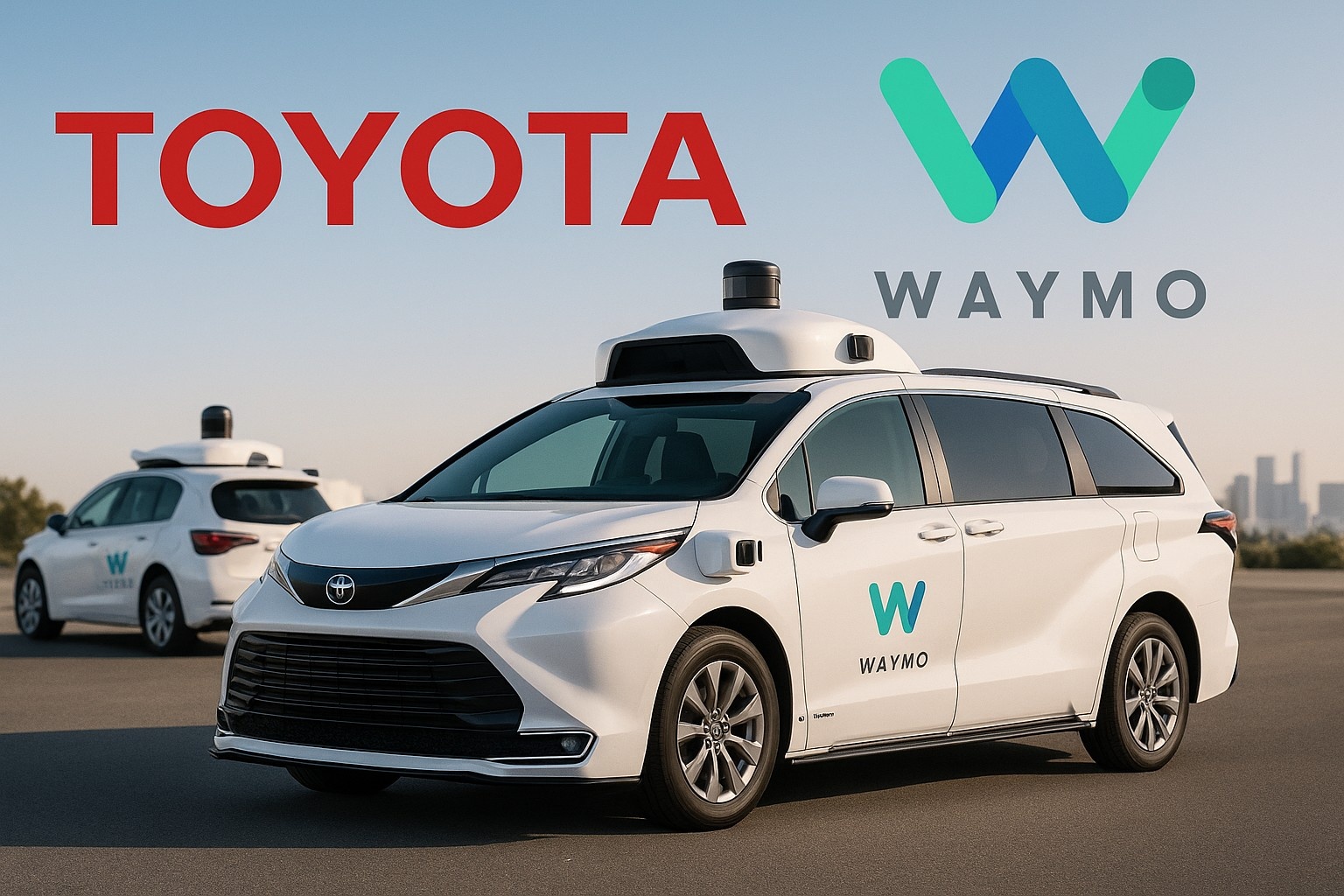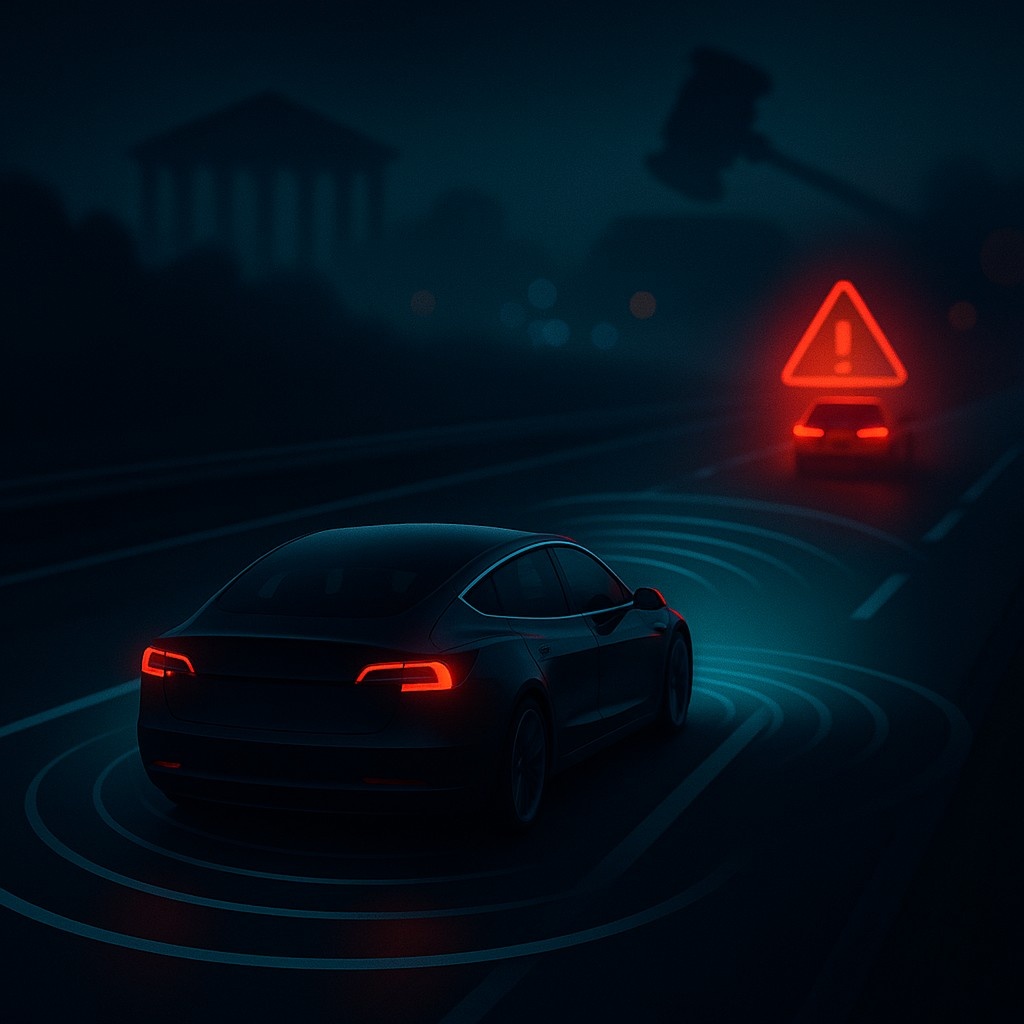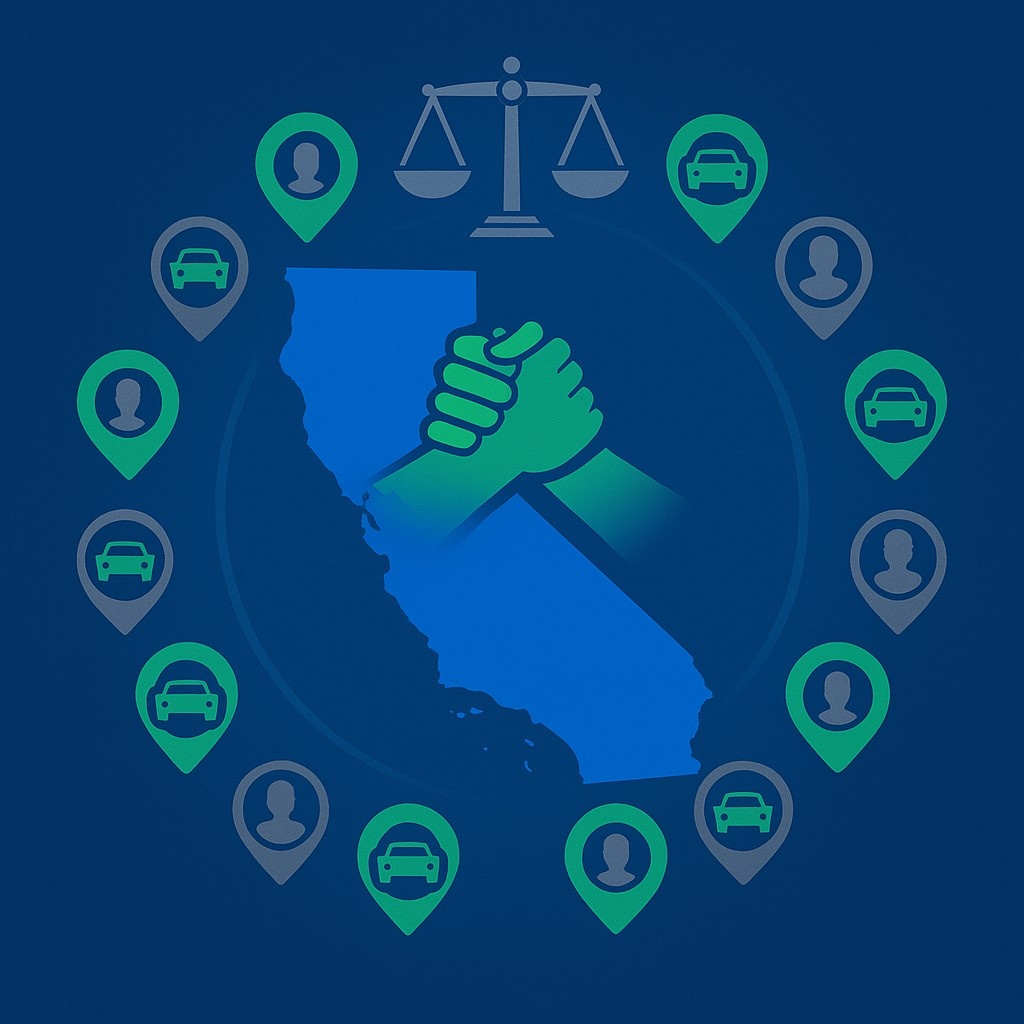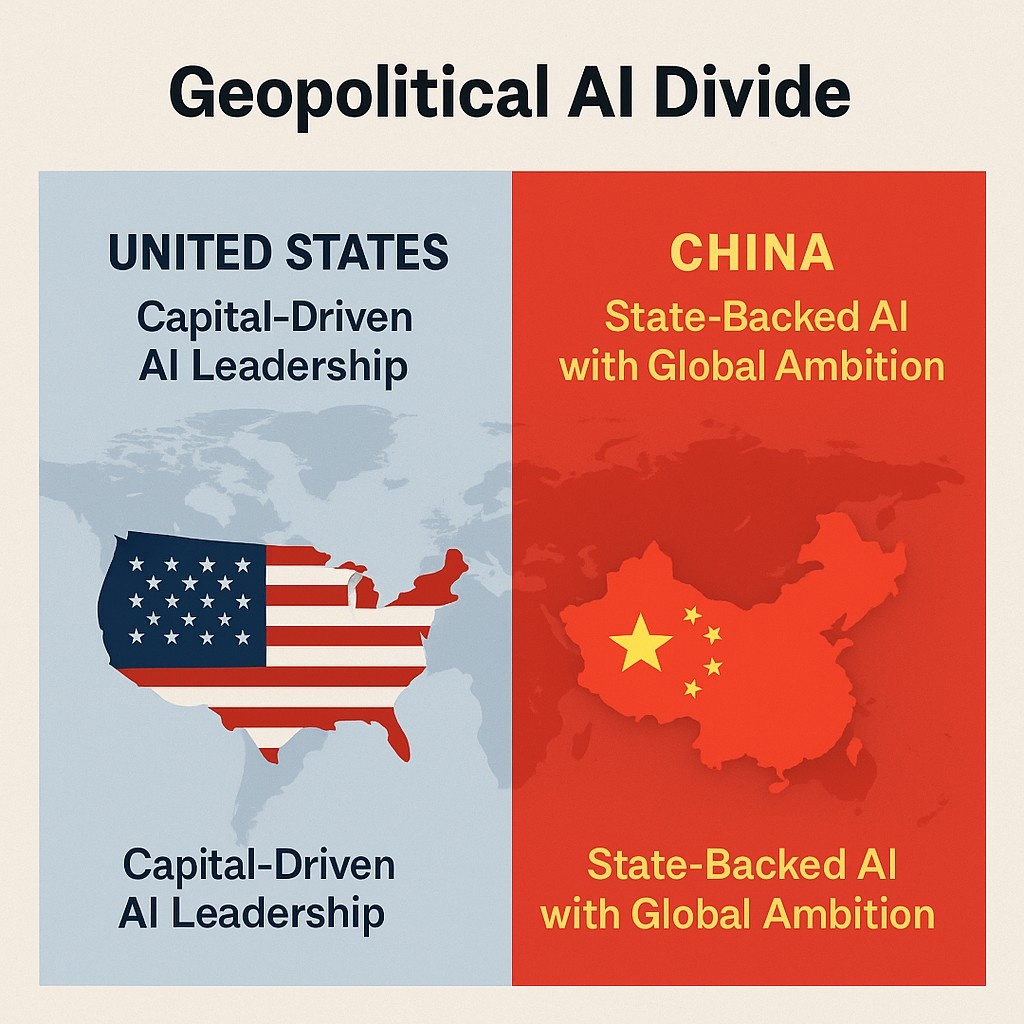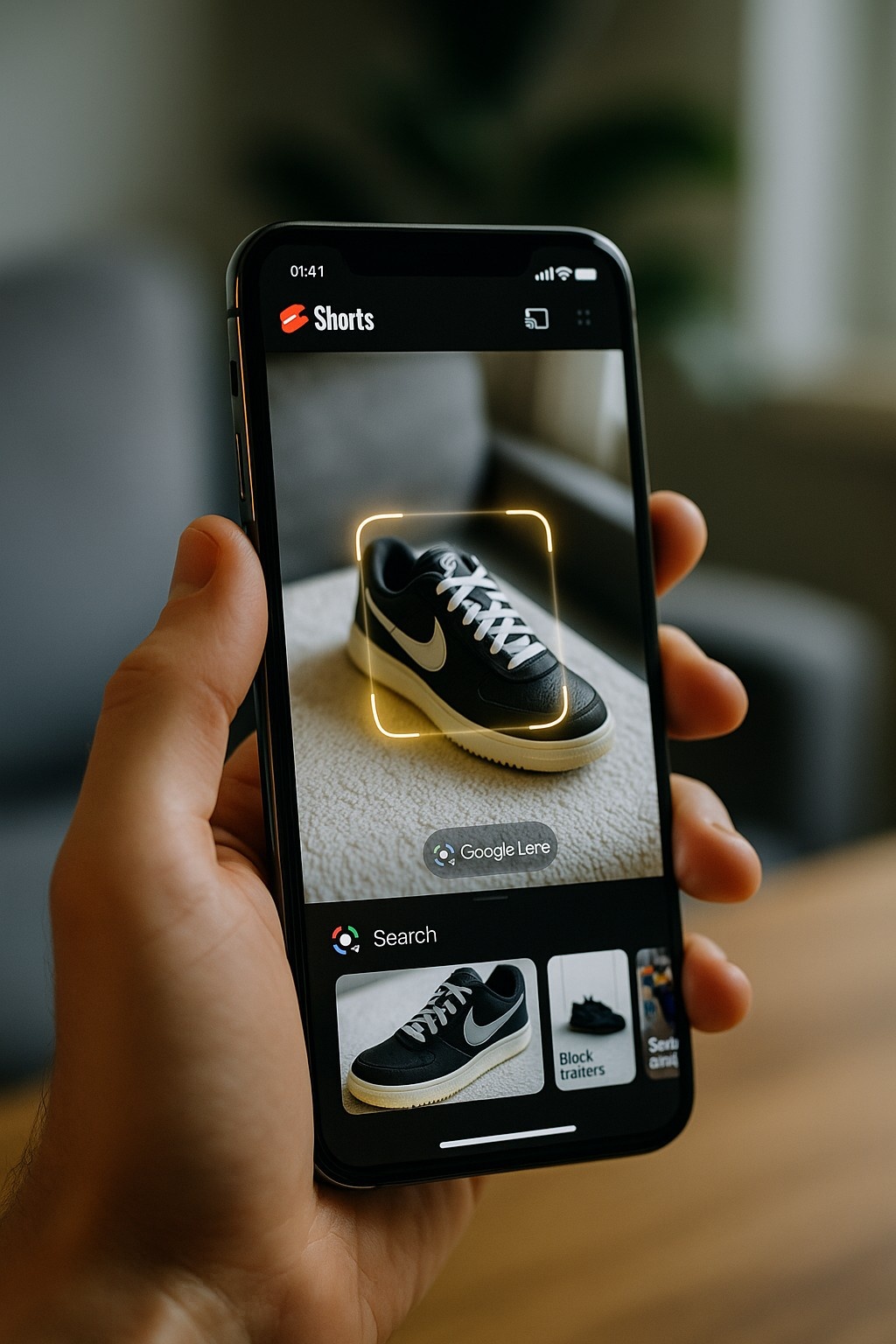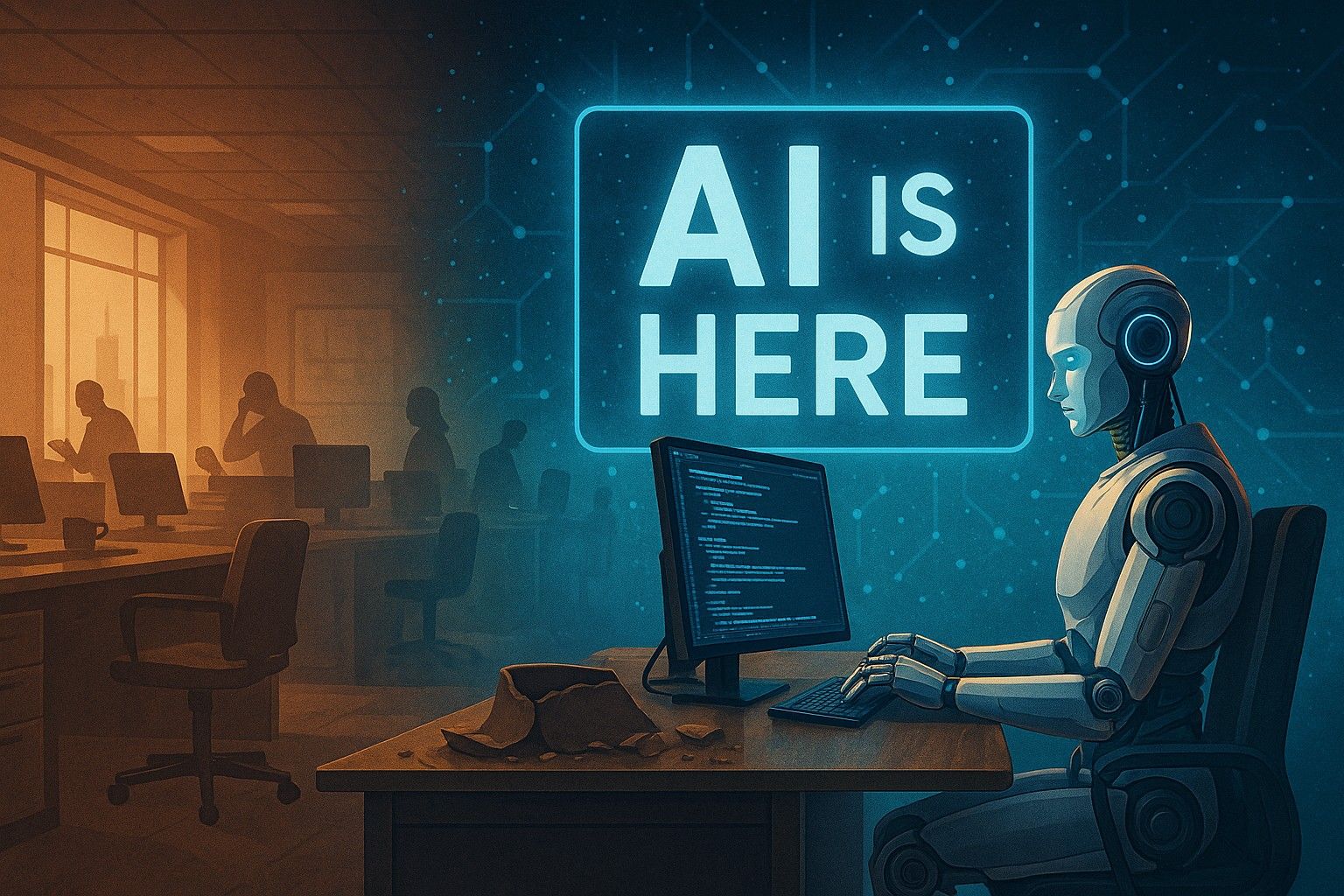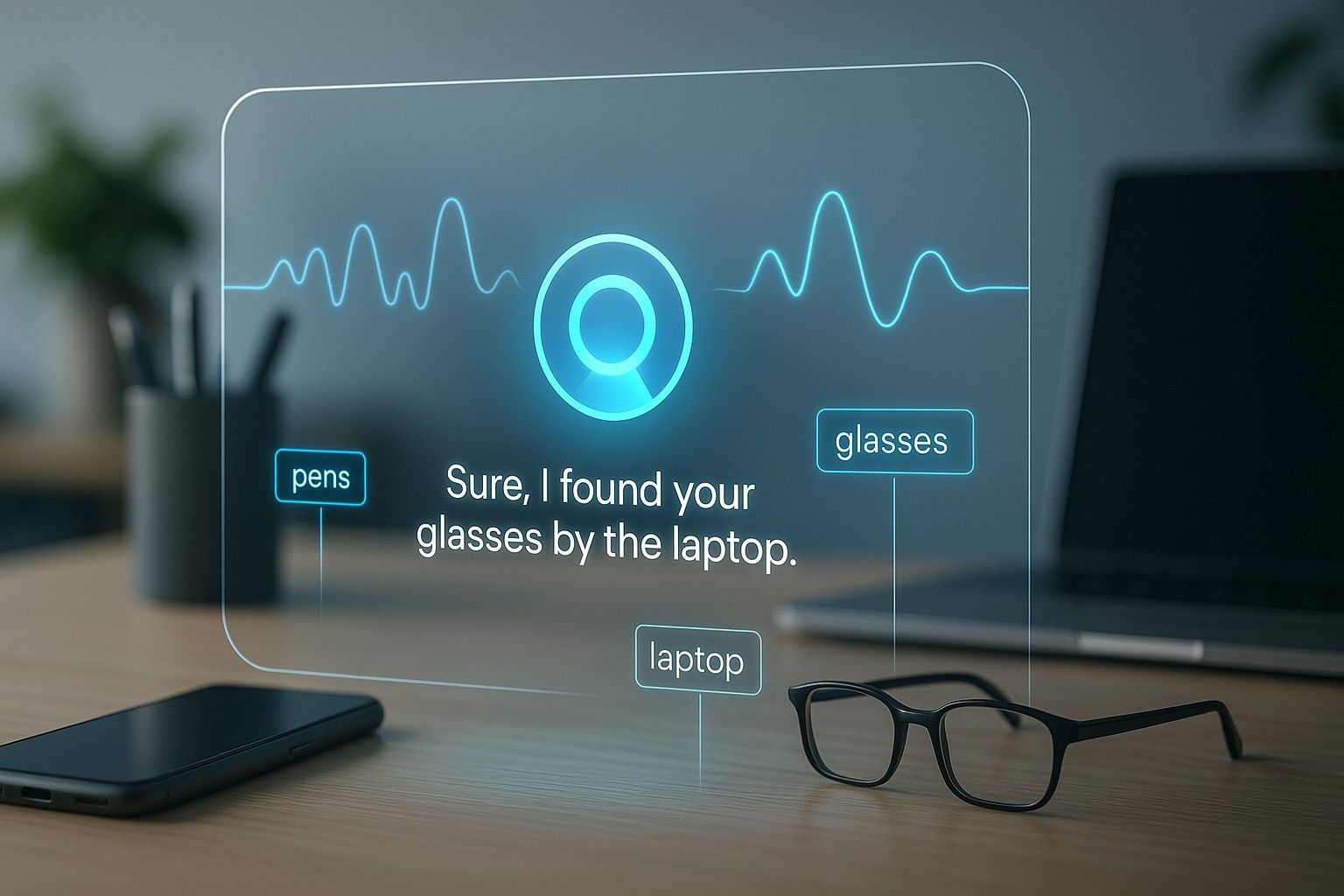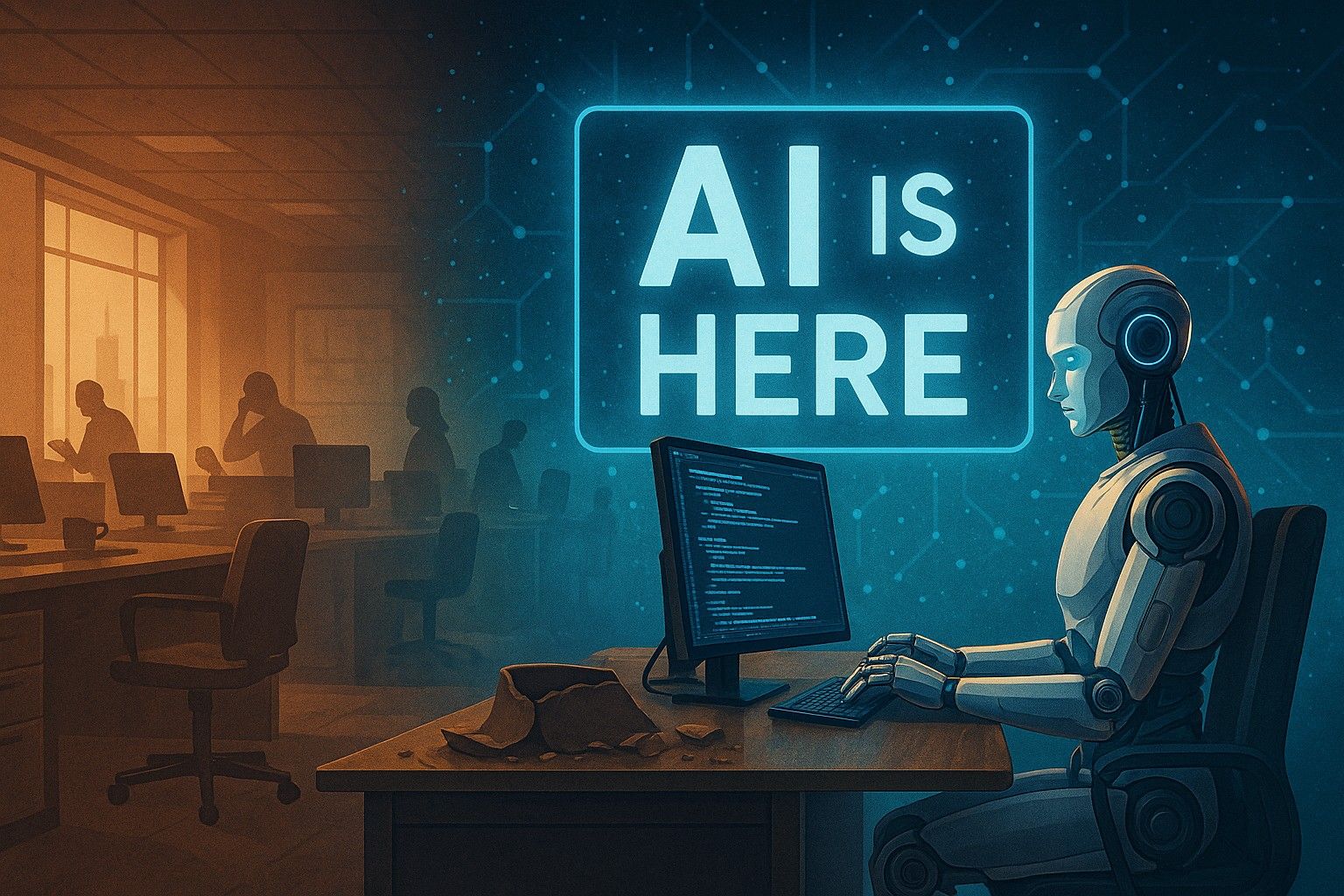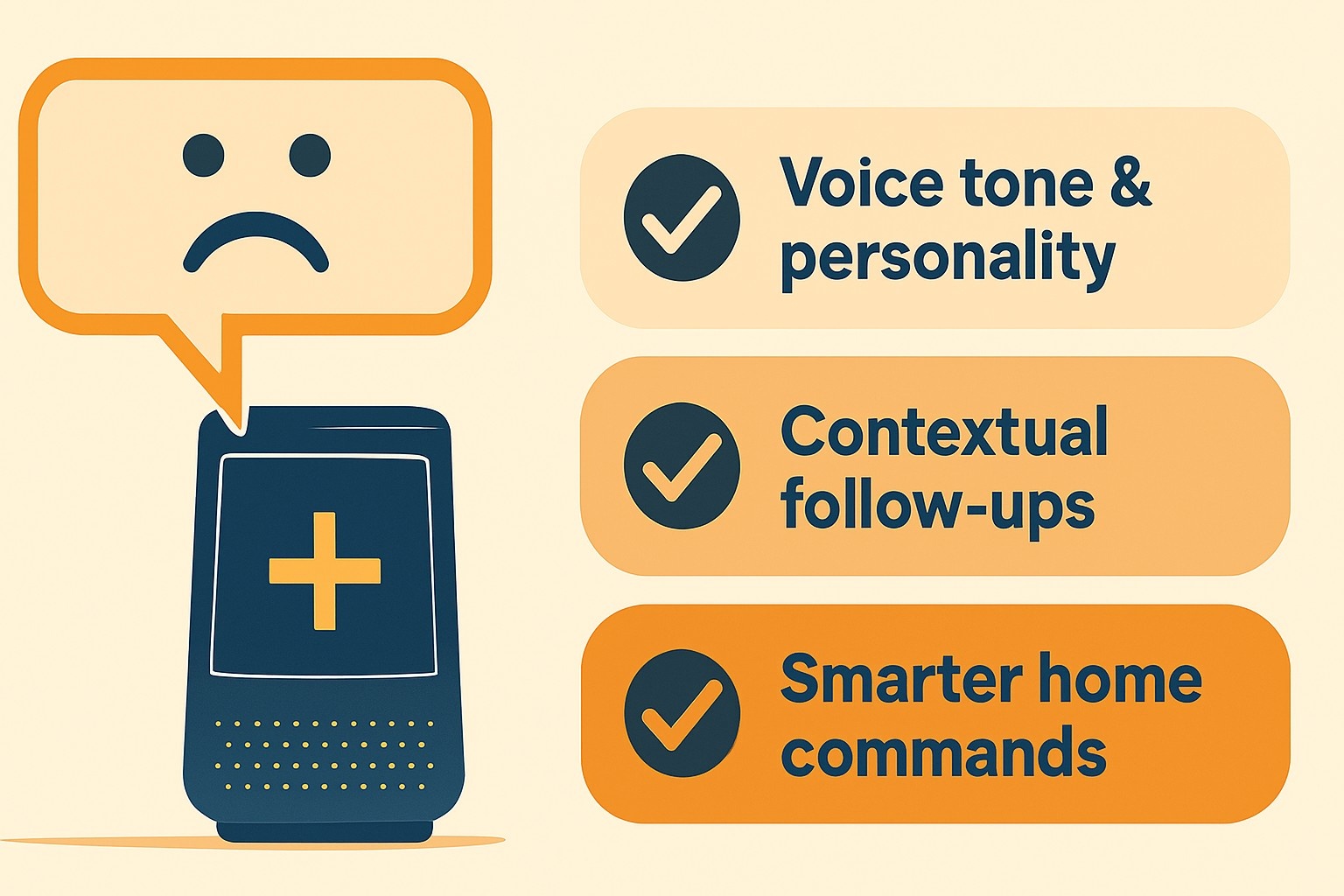Toyota and Waymo Join Forces: A New Era for Self-Driving Cars Begins
On April 30, 2025, a major milestone was announced in the world of autonomous vehicles. Toyota, the world’s largest automobile manufacturer, officially declared a strategic partnership with Waymo, Alphabet’s self-driving car division. This wasn’t just another business collaboration — it marked the start of a new phase in the evolution of personal and commercial transportation.
Together, these two giants are aiming to do something ambitious: bring fully autonomous driving to both commercial ride-hailing fleets and personally owned vehicles. For consumers, this partnership means the dream of riding in a self-driving Toyota might not be so far off.
A Partnership That Could Redefine Mobility
Toyota has long been a leader in vehicle innovation — from the hybrid revolution started by the Prius to cutting-edge hydrogen-powered cars. But when it comes to autonomous technology, Toyota has taken a cautious, research-heavy approach.
Waymo, on the other hand, has been at the forefront of self-driving for over a decade. It’s been testing and refining autonomous vehicles in real-world conditions across U.S. cities like Phoenix, San Francisco, and Los Angeles. Its ride-hailing service, Waymo One, already offers fully driverless rides in certain locations.
Now, imagine combining Toyota’s vehicle manufacturing scale and reliability with Waymo’s world-class self-driving technology. That’s the big idea behind this partnership — and it’s not just for tech enthusiasts. It's for everyday people who want safer, smarter transportation options in the coming years.
Why Now? Timing Is Everything
The announcement came at a time when the self-driving car industry is at a crossroads. Many companies have scaled back their AV (autonomous vehicle) ambitions due to high costs, regulatory complexity, and safety challenges. Others are waiting for governments to catch up with clearer rules.
But Toyota and Waymo seem to believe that the industry is finally ready to move from experimental to mainstream. By joining forces, they are pooling their strengths to address the toughest problems in autonomous driving — real-world safety, affordability, reliability, and regulatory trust.
Behind this collaboration is Woven by Toyota, a Toyota subsidiary focused on advanced software and mobility solutions. Woven will work directly with Waymo to integrate software, sensors, and AI into Toyota’s vehicles. The target? Not just fleets, but eventually, the kind of car you'd have parked in your driveway.
What This Means for You
This partnership isn’t some vague research announcement. It's about building real cars with real autonomy.
Here’s what Toyota and Waymo are planning:
- Commercial Ride-Hailing First: Expect to see Toyota vehicles integrated with Waymo’s driver system rolling out in fleet services like Waymo One. Think Uber or Lyft, but without a driver.
- Personally Owned Vehicles (POVs): This is the most exciting part. Toyota and Waymo are already in talks to create consumer-grade self-driving cars — meaning one day, you might own a Toyota that can drive you to work, pick up groceries, or drop off your kids, all on its own.
- Safety at the Core: Toyota has always emphasized safety. Combined with Waymo’s millions of driverless miles and advanced sensors, the cars of the future will not just drive themselves — they’ll aim to drive better than humans.
Waymo's Expanding Empire
Let’s not forget what Waymo brings to the table here.
Waymo is currently operating its self-driving robotaxi service in multiple cities and completing over 250,000 passenger trips per week. It already has strong partnerships with carmakers like Jaguar and Geely (Zeekr), but teaming up with Toyota — a brand with decades of trust — takes things to another level.
Waymo’s focus has always been scaling safely. That means gathering real-world data, improving its “Waymo Driver” system (which is essentially its AI brain), and slowly expanding to new cities like Miami, Atlanta, and Washington D.C.
Now, with Toyota’s vast global reach, Waymo has a real opportunity to move from limited pilot programs to full-scale deployment — not just in the U.S., but globally.
Impact on the Auto Industry
This deal is likely to send ripples through the automotive world.
Tesla has been dominating the autonomous conversation with its Autopilot and Full Self-Driving modes. But unlike Tesla’s approach — which leans on software updates to improve autonomy in consumer vehicles — Waymo’s model is different. It focuses on full-stack autonomy: combining LIDAR, radar, cameras, and machine learning from the ground up.
Now imagine that tech built natively into a Toyota vehicle from the factory. That’s something even Tesla hasn’t cracked yet.
Meanwhile, Amazon’s Zoox, GM’s Cruise, and Apple’s secret car project will all be watching this partnership closely. Because once Toyota-Waymo start showing real progress on consumer-ready autonomous cars, it could shift the balance of power in the self-driving race.
Challenges Still Ahead
Let’s be clear: this is not going to be easy. Building and scaling a self-driving vehicle is insanely complex. Here are just a few challenges:
- Regulation: Different cities and countries have different rules. Some still don’t allow fully autonomous vehicles on public roads.
- Public Trust: People still hesitate to trust a car with no human driver. Building confidence will take time and flawless performance.
- Cost and Access: Self-driving tech is expensive. Making it affordable for everyday consumers will take years of innovation.
- Edge Cases: Teaching a car how to drive is one thing. Teaching it to handle unpredictable situations — like a child suddenly crossing the road — is something else entirely.
But if there’s any duo with the resources, patience, and experience to solve these problems, it’s Toyota and Waymo.
The Road Ahead
The announcement made headlines, but what happens next?
- Testing and Integration: Expect to see new test vehicles on roads in the U.S. by late 2025 or early 2026, likely in cities where Waymo already operates.
- Gradual Rollout: Commercial services will likely scale up first — Toyota minivans or sedans offering rides in Waymo fleets.
- Long-Term Vision: Personally owned autonomous Toyotas could realistically be on the road by the end of the decade, depending on regulatory progress.
If things go right, this partnership could be the moment we look back on and say, “That’s when self-driving cars finally got real.”
Final Thoughts
The Toyota-Waymo partnership isn’t just another tech announcement. It’s the beginning of a new chapter in mobility.
Together, they’re tackling some of the biggest challenges in transportation: traffic safety, accessibility, convenience, and urban congestion. And while full autonomy won’t happen overnight, this collaboration could fast-track us toward a world where cars drive themselves — and do it well.
It’s a bold move, a smart strategy, and a necessary step in the future of how we move. And with the combined muscle of Toyota’s engineering and Waymo’s AI, this might just be the duo that takes autonomous driving mainstream.
So next time you see a Toyota on the road, don’t be surprised if no one’s in the front seat.
